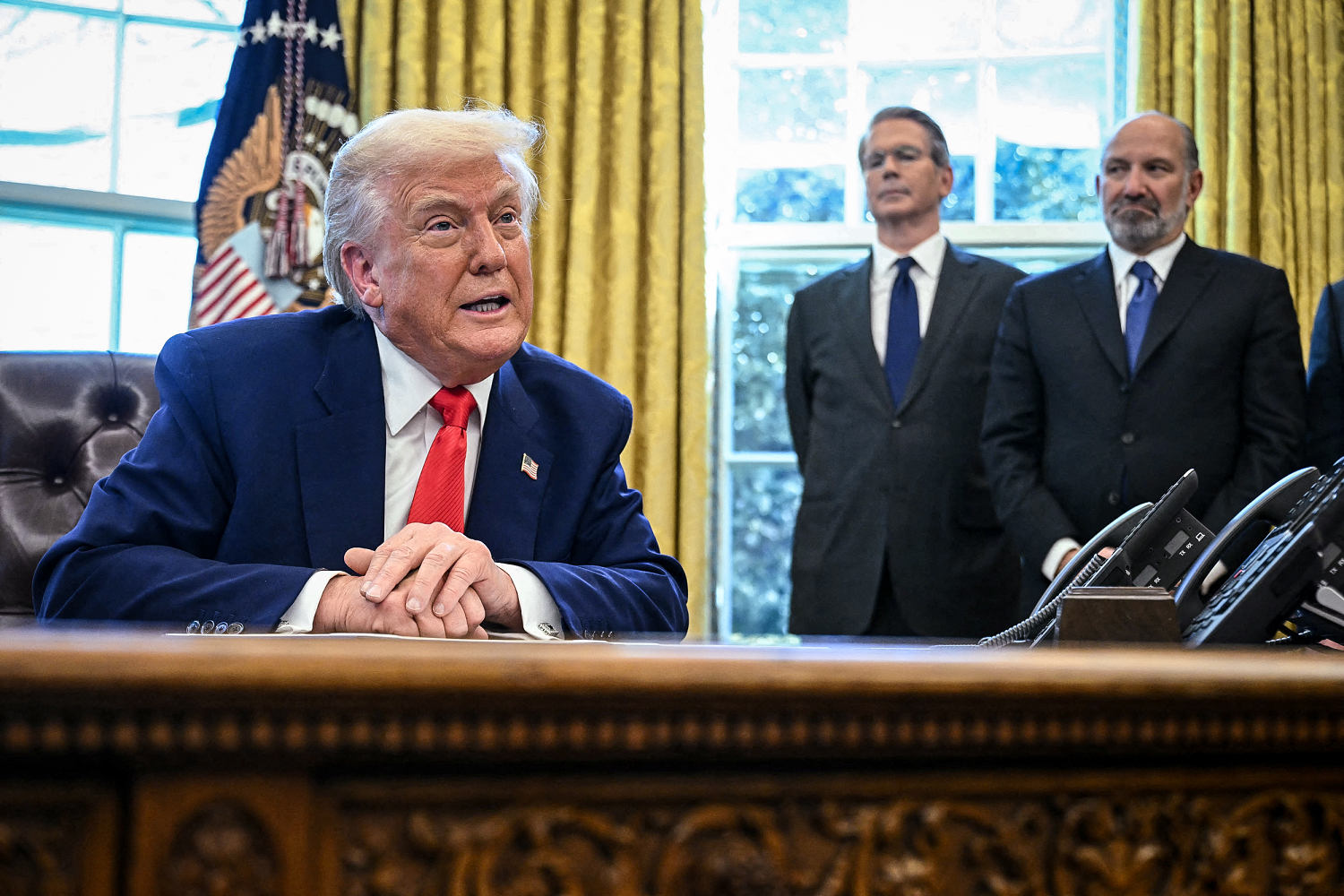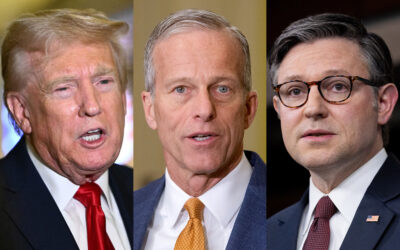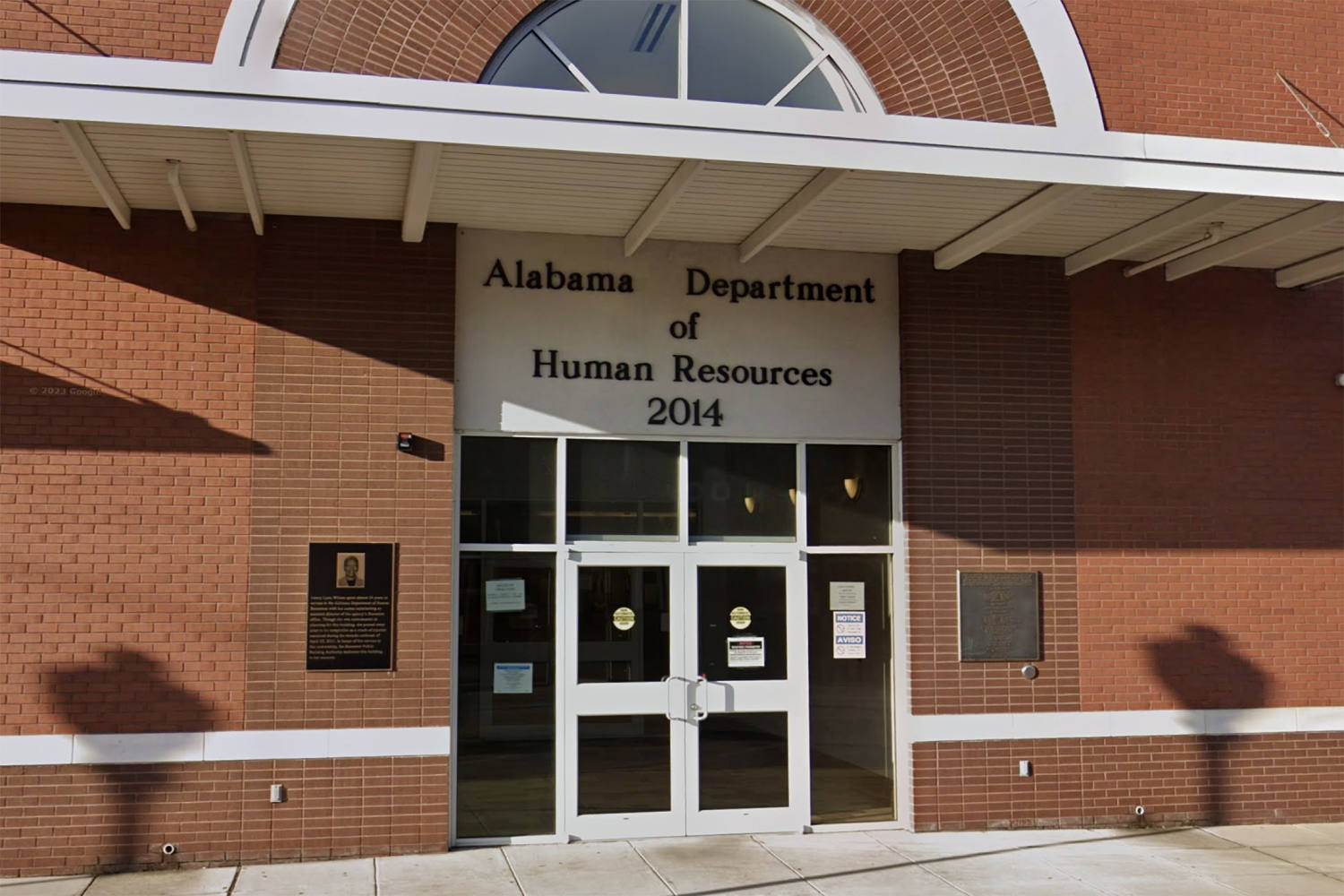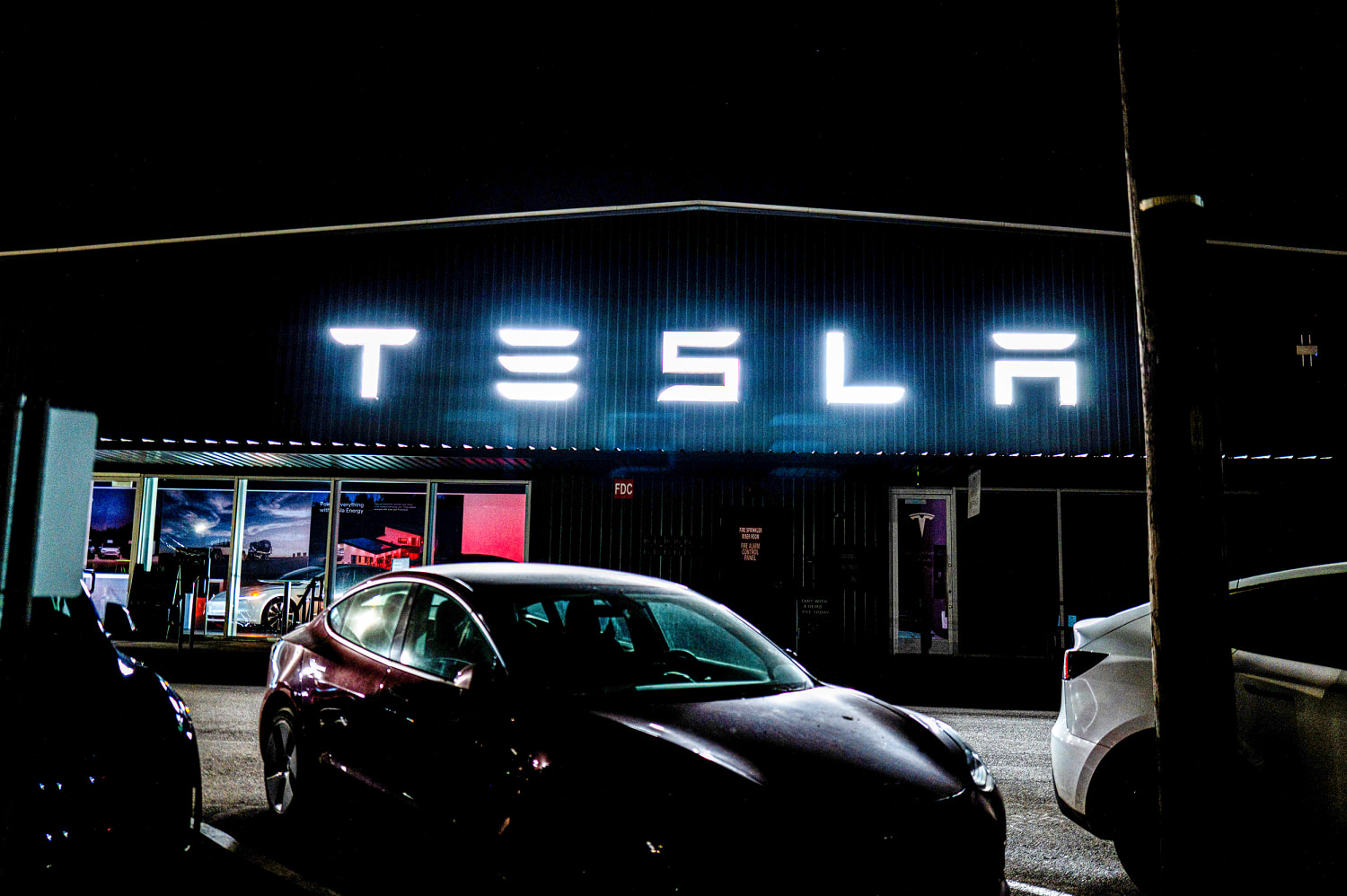Trump formalizes tariff levels as he reshapes economy


President Donald Trump on Thursday formalized the array of high tariff levels and trade deals he’s announced in recent weeks.
In an executive order, the president made official his agreements with prominent trading partners such as the European Union, Japan, South Korea, the United Kingdom and the Philippines.
Trump’s order, which came hours before a self-imposed deadline for trade deals, also unilaterally sets rates for countries that did not reach agreements with him. For example, Israel, Switzerland and Taiwan. Switzerland’s rate will be set higher than previously threatened at 39%, while Taiwan’s will be set lower at 20%.
It’s effectively a reset of the world’s trade relations, one that is ostensibly designed to benefit the United States with expensive tariff rates not seen in nearly a century.
Trump has touted the $125 billion in revenue his already-existent import taxes have brought in, with hundreds of billions more pledged by a handful of nations in the form of investments. Yet it’s come at the cost of slower economic growth and the prospect of already stubborn inflation reheating.
Trump’s order Thursday says that the new duties will not take effect until Aug. 7.
Goods shipped by vessel will not be affected by the new tariff rates until Oct. 5. Those items account for more than half of U.S. imports, according to the U.S. Department of Transportation.
This week, Trump and top administration officials had insisted there would be no further delays after the 12:01 a.m. ET Friday deadline. In fact, just hours before the White House released Thursday’s executive order Commerce Secretary Howard Lutnick shouted to reporters outside the White House that there would be “no extension” to the deadline.
But earlier Thursday, Trump did agree to a 90-day extension on talks with with Mexico President Claudia Sheinbaum. Mexico is the United States’ largest individual trading partner. Treasury Secretary Scott Bessent also told CNBC Thursday morning that he would be discussing with the president an extension of China’s tariff deadline, which is coming up on Aug. 12.
With the newly signed tariffs not taking effect for some time, uncertainty will likely linger for consumers and businesses trying to plan for the rest of the year and beyond.
“Some will argue higher tariffs will be compensated by lower uncertainty,” analysts with Bank of America wrote in a note to clients this week upon the announcement of an agreement with the European Union. “And yes, uncertainty could come down in the near term, but we doubt it will go away.”
One unnamed manufacturer in a Dallas Federal Reserve survey released this week put it bluntly: “Tariffs. Tariffs. Tariffs. Did I mention tariffs?”




